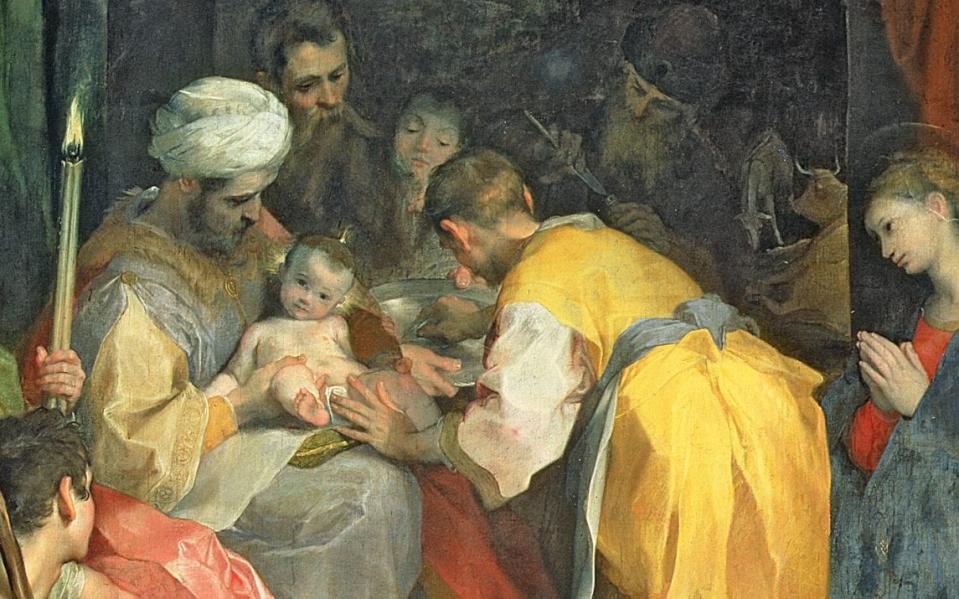Sacred Mysteries: An unexplained sign of a covenant with God

On Twitter, regarded by many as the Devil’s rattlebag, someone from the National Secular Society announced that they had “urged England’s children’s commissioner” to stop a “significant violation of many children’s basic rights: non-therapeutic circumcision”.
Someone not from the National Secular Society retweeted this with a “translation”: “We’ve urged the children’s commissioner to make it impossible for observant Jews to live in the UK.”
Not so long ago Ephraim Mirvis, the Chief Rabbi, took the National Secular Society to task on this matter: “For Jewish men, it is an essential part of our existence. An attack against our right to perform circumcision is an attack against a most fundamental element of our belief.”
Circumcision within Judaism, he explained, was “the sign of our covenantal relationship with God”. This is certainly clearly expressed in the Bible. “My covenant shall be in your flesh for a perpetual covenant,” God said to Abraham.
The rainbow had been the token of the covenant between God and Noah, which seems suitable, since it came after the flood that rain caused. The reason for male circumcision is more puzzling. (None of this is to do with so-called female circumcision, which is plainly mutilation.)
Muslims have followed Jews in circumcising boys, even though it is not mentioned in the Koran. Christians celebrate the circumcision of Jesus – on January 1, it being the eighth day after his birth. But I think they are shy of talking about it, since it seems such a strange ritual.
The Victorians, though accused of fearing to mention the legs of a piano, had no trouble in speaking of circumcision. In a sermon one January 1, John Henry Newman, now recognised as a saint, said that Jesus underwent circumcision “to show the reverence with which he regarded the religion which he came to fulfil”. He went on that day to defend conventional forms in worship. People may ask why they can’t pray in bed or while walking, and of course they can, but if they come out against ever kneeling, they end up not praying at all.
Newman says: “We should be on our guard against those who hope, by inducing us to lay aside our forms, at length to make us lay aside our Christian hope altogether.” I couldn’t help being reminded by this of the closure of the churches during this pandemic. Of course Christians are happy to forgo worship in church if it protects their fellow citizens, yet it does matter that they should be able to go back to church.
Watch video below
As for circumcision, attempts to find a reason for it have been made since before the days of Philo of Alexandria (a contemporary of Jesus), who knew that pagans ridiculed it. He suggested it was healthier (just as he argued that not eating pork was healthier). He thought the custom increased fertility and he saw in it a symbolic parallel with getting rid of opinions not devoted to God.
Circumcision certainly marked out Jews as different from other people, as did the observance of dietary laws. (Secularists often oppose kosher and halal meat on the grounds of cruelty to animals while taking delight in animosity to Jews and Muslims.)
That circumcision should apply to the organ of generation is the sort of thing that religious rituals decree in different cultures. One can see a symbolic connection with the people of God inheriting the covenant made with Abraham and his seed.
In 2018 circumcision was nearly made a crime in Iceland. That could easily happen in Britain.

